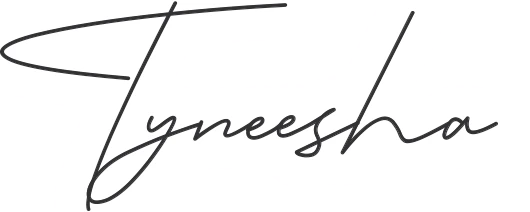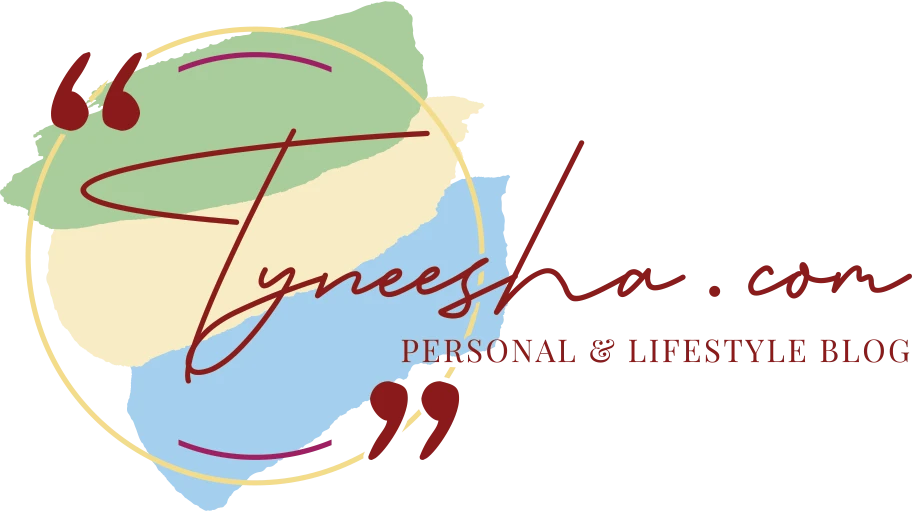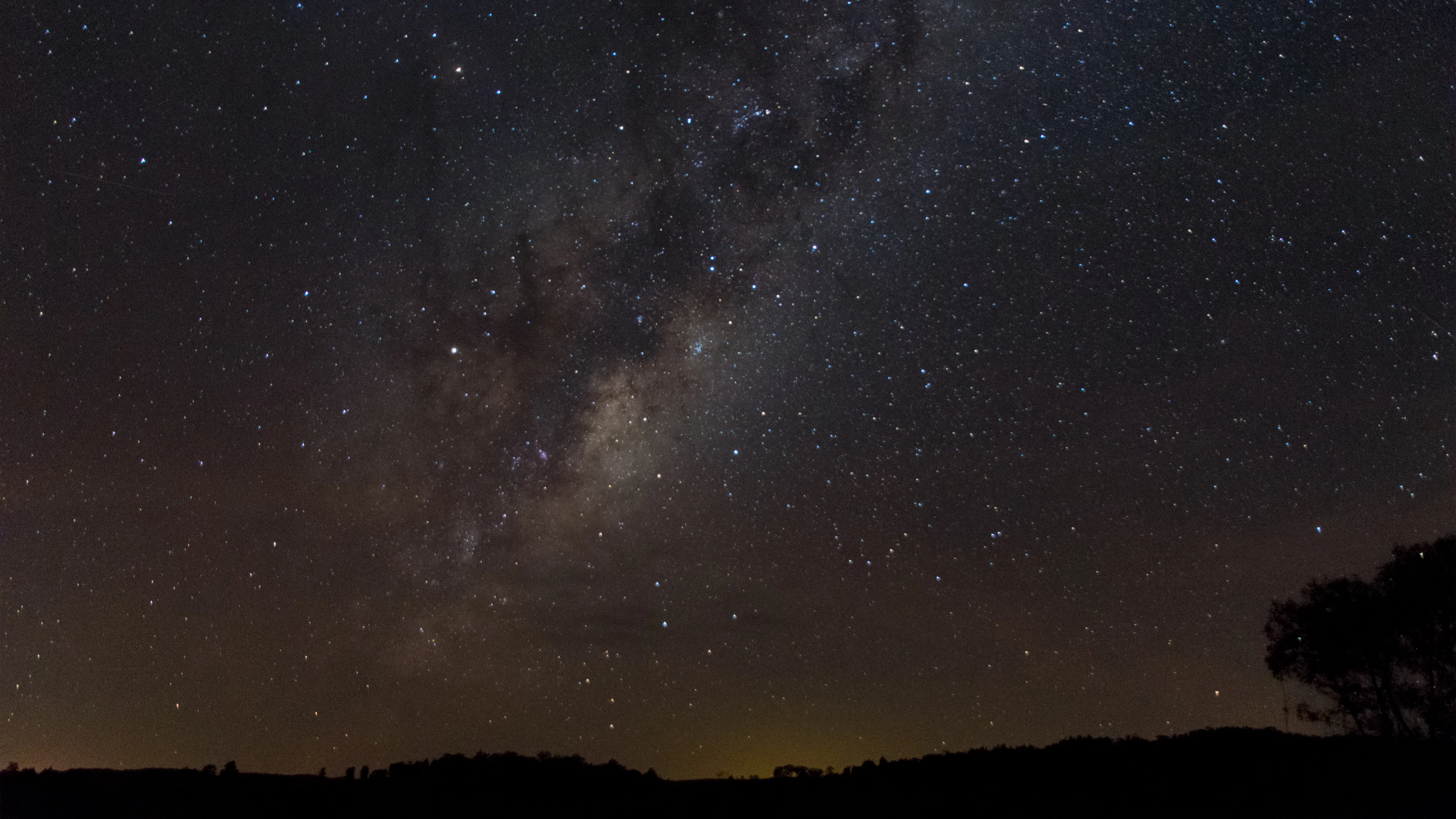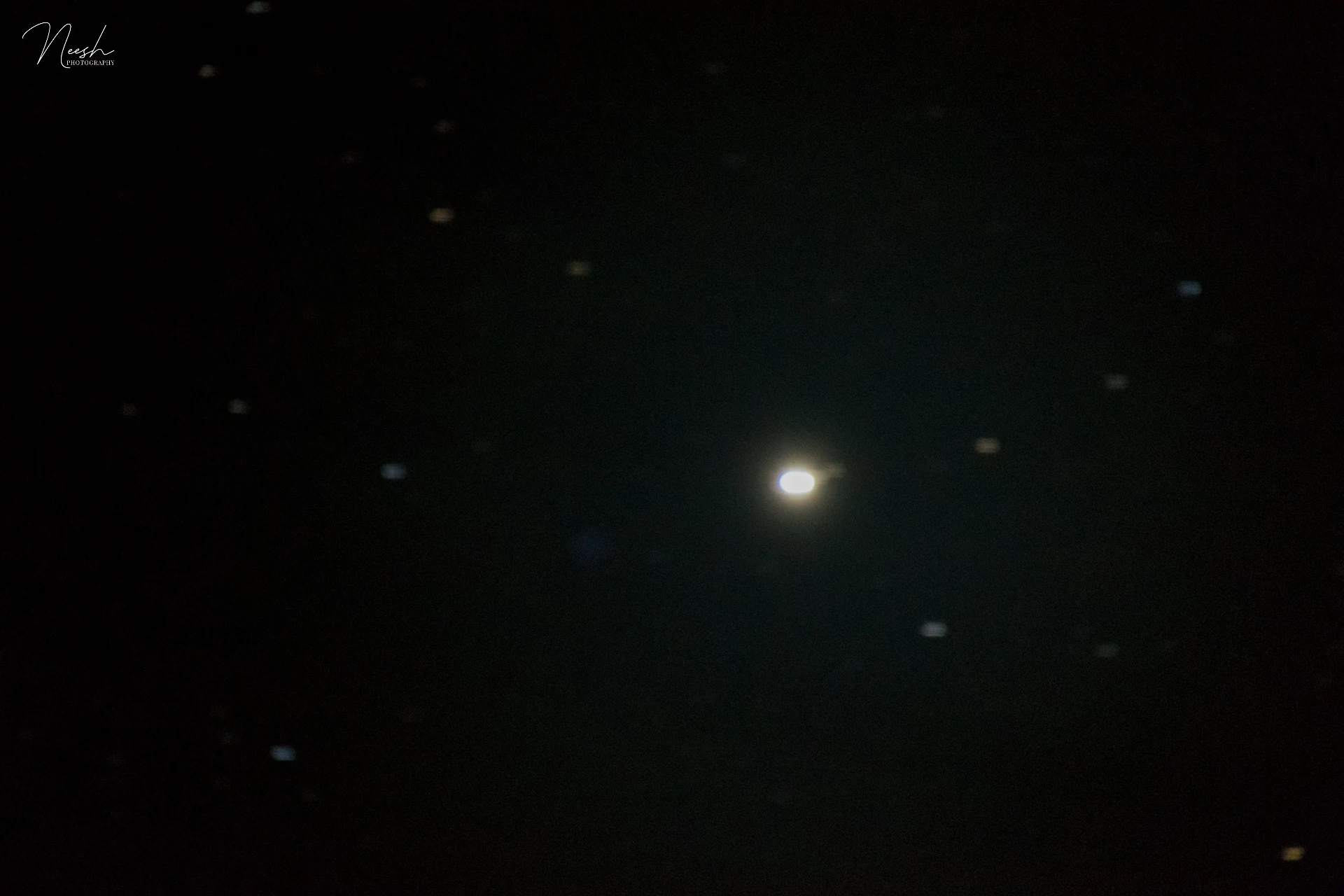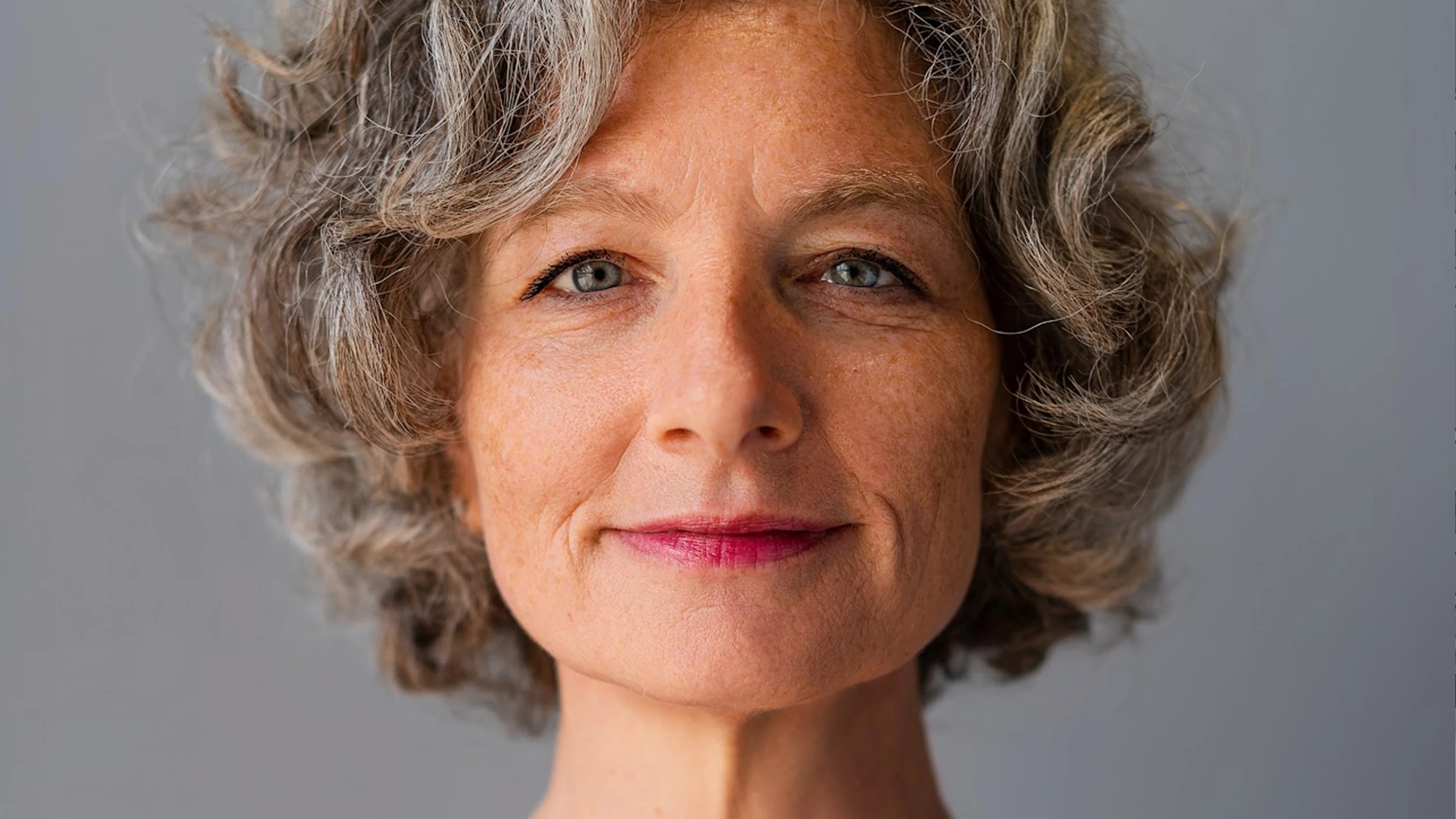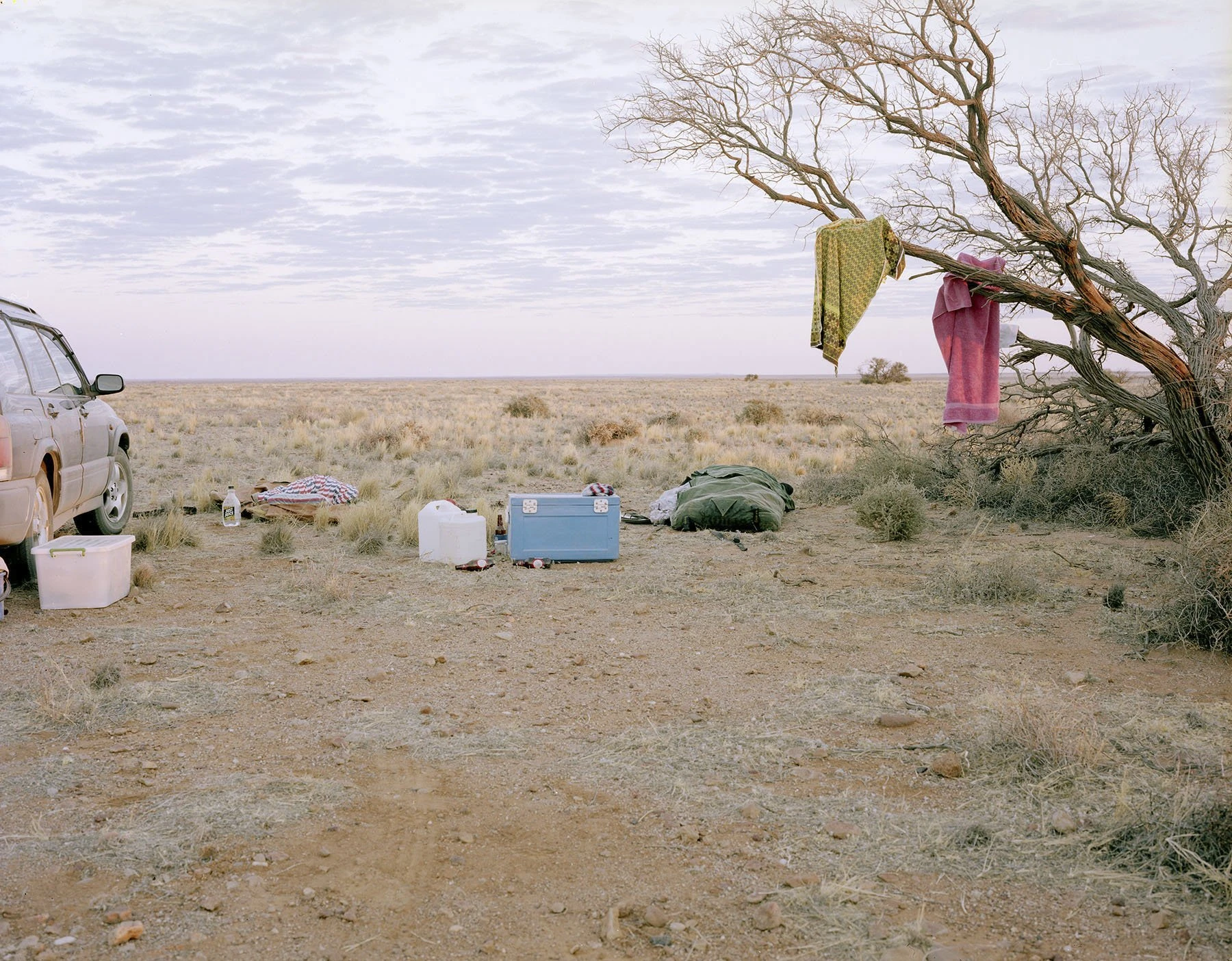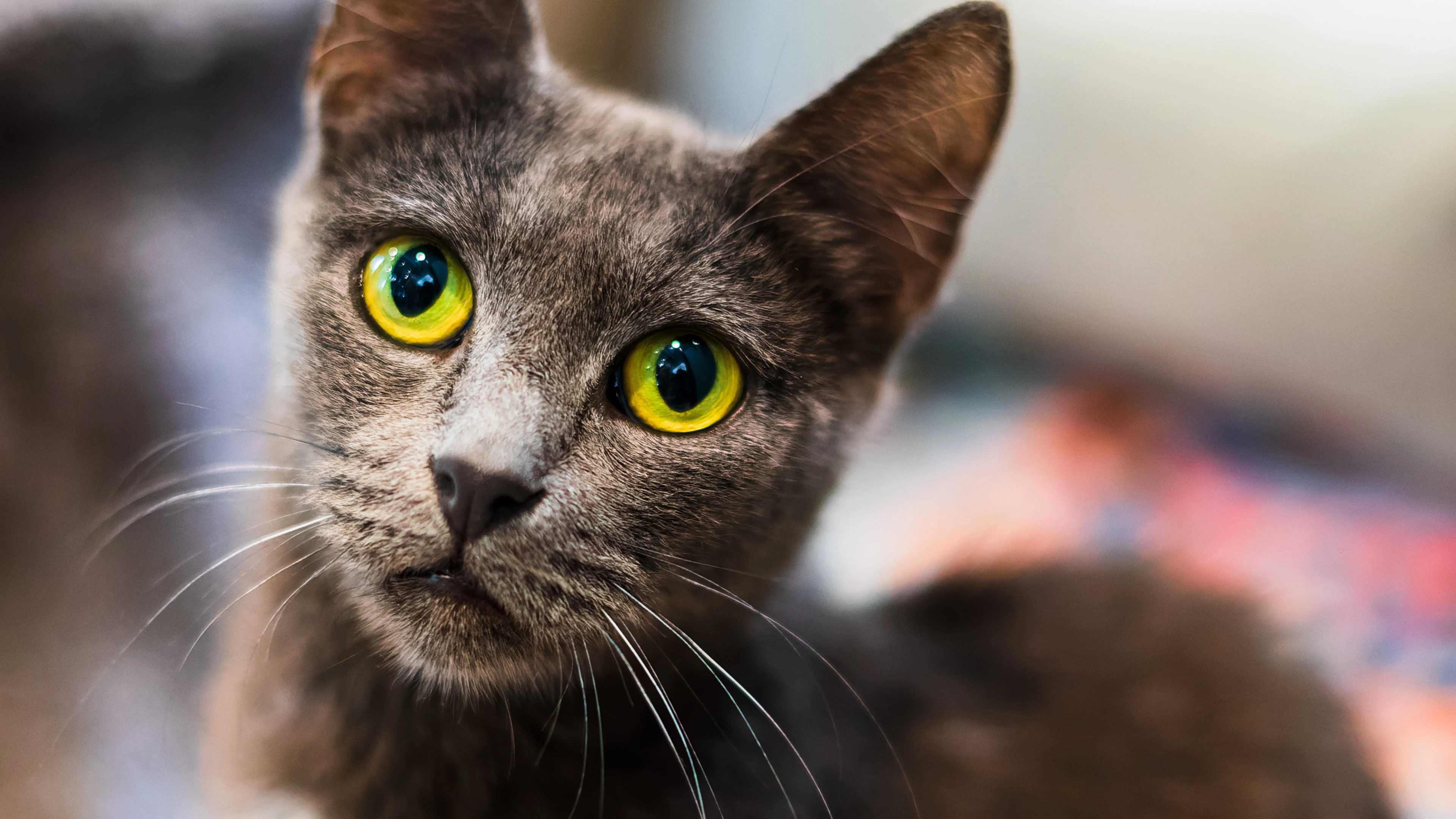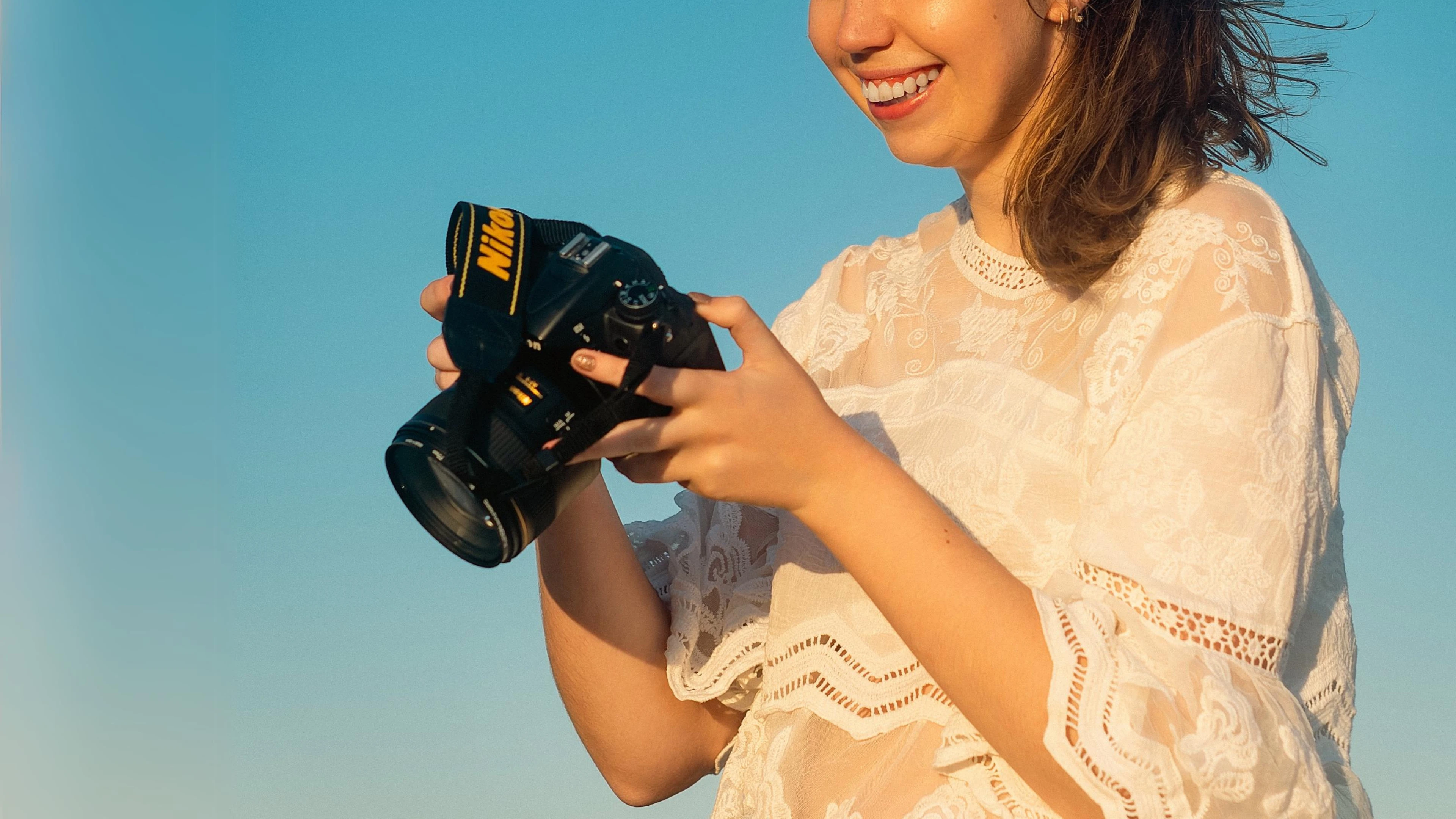19th April, 2024
Hi! It’s me! (?sound of audiences that were recorded in like 1960?)
Apologies to the complete lack of people I might have disappointed with my non-existent posts lately. Year 11 got kind of busy but I’m trying to get some sort of rhythm about me and this blog. So thank you for your patience, ladies and jellybeans.
I mentioned in the post Astrophotography and Storm Chasing that I’d be trying again around June, that way there we were able to take some pictures when the milky way came up over the horizon at sunset, and there was also a new moon, so here it is frans!
We had to drive out of town to find somewhere that didn’t have too much light pollution so that the stars would come out better. We ended up put past Toongi (wherever that is). However, we still got a bit of light pollution from the other smaller towns around the place.
We nearly hit a kangaroo and counted around 5 road kills on the way out. Kangaroos peripheral vision allows them to see movement in almost every direction, and they are able to rotate those big ears 180°, so between them, they can scan the full 360°. So considering that, I think maybe we just have to conclude that they are all suicidal (#roosarepeopletoo).
But yeah we eventually found a spot after finding the only road that wasn’t on Google maps and turning around.
There were two or three cars that pulled up on the side of the road to see if we needed a ride last week. Apparently, we looked stranded and lost with our cameras pointing upwards to the sky in the middle of whoop whoop.
Apparently, I have no clue how to use a thermos, which was mistake 1 of 3. I am currently peeling the burned skin off of my chin after I boiled myself in bean juice.
Fail 2 of 3 was my attempt at light painting. It is heaps easier than all these crazy kids on the interwebs make it out to be, as I’m about to do. Light painting is basically when, if you’re shooting at night, (also don’t shoot anyone at night, that just make the murder so much shadier) you leave the shutter open and grab your trusty torch (which I broke, so I used a phone torchlight thing) and move it around where you want to be brighter in your frame. Then shock horror – the picture gets brighter there. But even using a phone torch, there was more than enough light, and the first time it just looked really really bright. So instead of using the light with the shutter open for 20 seconds, you just use it for 10, or whatever works. Here is my first attempt that failed, next to my second, better attempt.
Then came photography fail 3 of 3, trying to take a close-up photo of Jupiter, it was really not in focus and dad doesn’t like it, but I guess where adults see blurry Jupiter, I see a glowing tadpole in the sky.
We moved spots after a while but then the clouds were rolling over, so we called it a night.
Considering that this was my first real attempt at astrophotography, I think it turned out okay.
Have a squiz.
PS: If you have any suggestions on what shooting challenge to do next, please let me know. Ta!
